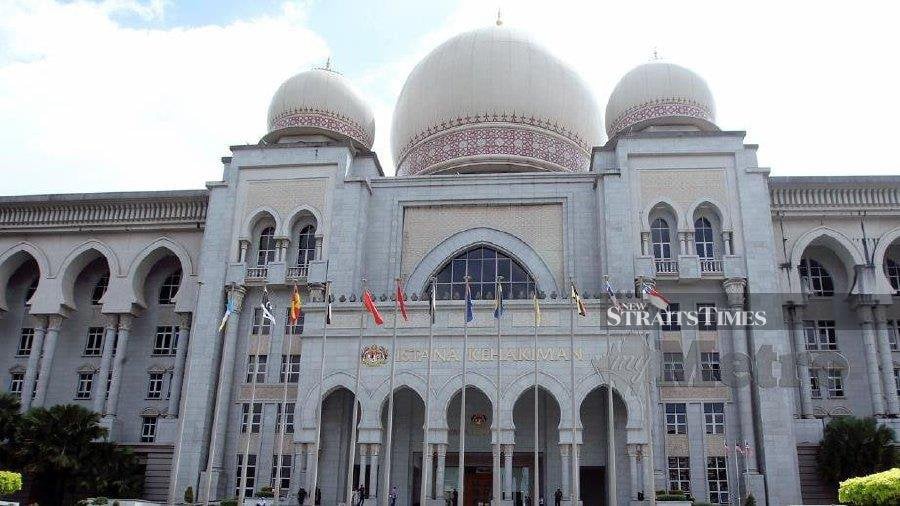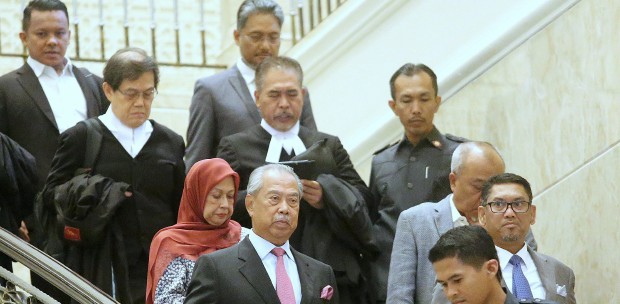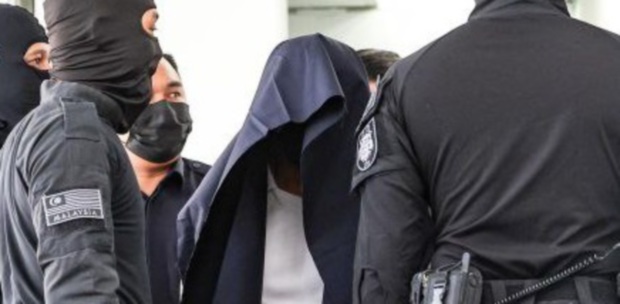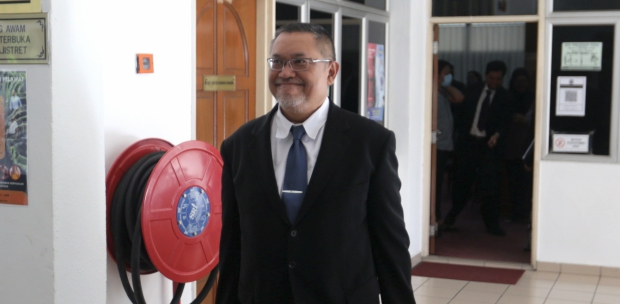A young journalist called me recently, asking for my comments on a malicious prosecution suit filed by former prime minister Datuk Seri Najib Razak against former attorney-general Tan Sri Tommy Thomas and the government of Malaysia.
I told him that since the suit was now sub judice, I am not prepared to discuss it.
However, I told him that I can discuss the law in general terms and refer to cases from other jurisdictions.
"Malicious prosecution" is a common law tort containing the following elements:
ONE, intentionally and maliciously commencing and pursuing (or causing to be commenced and pursued) a legal action (either civil or criminal) against the plaintiff;
TWO, the action was brought without probable cause; and,
THREE, the action was dismissed in favour of the plaintiff (victim of the malicious prosecution).
Is the filing of "frivolous suits" against another person a good ground for that person to file a suit for malicious prosecution?
The California Supreme Court in Sheldon Appel Co v Albert & Oliker, 47 Cal. 3d 863, 873 (1989) declined to expand the tort of malicious prosecution to cover such a situation.
The court said there were other legal remedies to address such a problem, e.g. by adopting measures to facilitate the speedy resolution of the initial suit and imposing sanctions for such frivolous suits.
The Supreme Court of Canada reviewed the law of malicious prosecution in Miazga v Kvello Estate (2009), stating that these four elements must be proved by the plaintiff:
ONE, the prosecution must be initiated by the defendant;
TWO, the prosecution must be terminated in the plaintiff's favour;
THREE, there was a lack of reasonable and probable grounds to commence the prosecution against the plaintiff; and,
FOUR, the defendant (who initiated the prosecution) commenced the prosecution out of malice or for an improper purpose.
Popular legal portal www.findlaw.com explains that malicious prosecution occurs when one party has knowingly and with malicious intent, initiated baseless litigation (civil or criminal) against another party.
These charges or suits are maliciously filed in order to intimidate, harass, defame, or otherwise injure the other party.
A failure to fully investigate the facts surrounding a case may be sufficient to prove a lack of probable cause.
The termination of the original case in favour of the victim (now the plaintiff) may help prove a lack of probable cause, but it may not be decisive to the issue.
In a criminal case, an acquittal does not necessarily mean a lack of probable cause.
On Sept 8, solicitors for N. Sundra Rajoo (former director of the Asian International Arbitration Centre, or AIAC) issued a letter of demand to former A-G Thomas and eight Malaysian Anti-Corruption Commission (MACC) officials to issue a written apology and pay RM10 million over purported misfeasance of public office and malicious prosecution.
On Oct 15, the solicitors confirmed that the writ of summons against the defendants had been filed at the Kuala Lumpur High Court.
Sundra was arrested by two MACC officers at the Kuala Lumpur International Airport.
He was charged at the Kuala Lumpur Sessions Court on March 16, 2019, with criminal breach of trust (CBT) allegedly committed at AIAC between Aug 17 and Dec 8 in 2018.
He then filed a judicial review application at the High Court.
In December 2019, High Court judge Mariana Yahya quashed the CBT charges on the grounds that Sundra had immunity.
The judge said removing Sundra's immunity would be against the terms of an agreement between Putrajaya and the Asian-African Legal Consultative Organisation (AALCO).
She said Wisma Putra had written to AALCO, the parent body of AIAC, to waive Sundra's immunity but this was rejected by the secretary-general.
On Jan 22, 2020, Sessions Court judge Azura Alwi struck out the three CBT charges against Sundra as she was bound by Mariana's ruling.
On April 30, the Federal Court ruled that Sundra is entitled to immunity from prosecution for alleged acts committed in office.
Sundra is seeking general, aggravated and/or exemplary damages and RM3.74 million in special damages. The case is pending.
The writer was a federal counsel at the Attorney-General's Chambers and visiting professor at Universiti Teknologi Malaysia. He is now a full-time consultant, trainer and author






